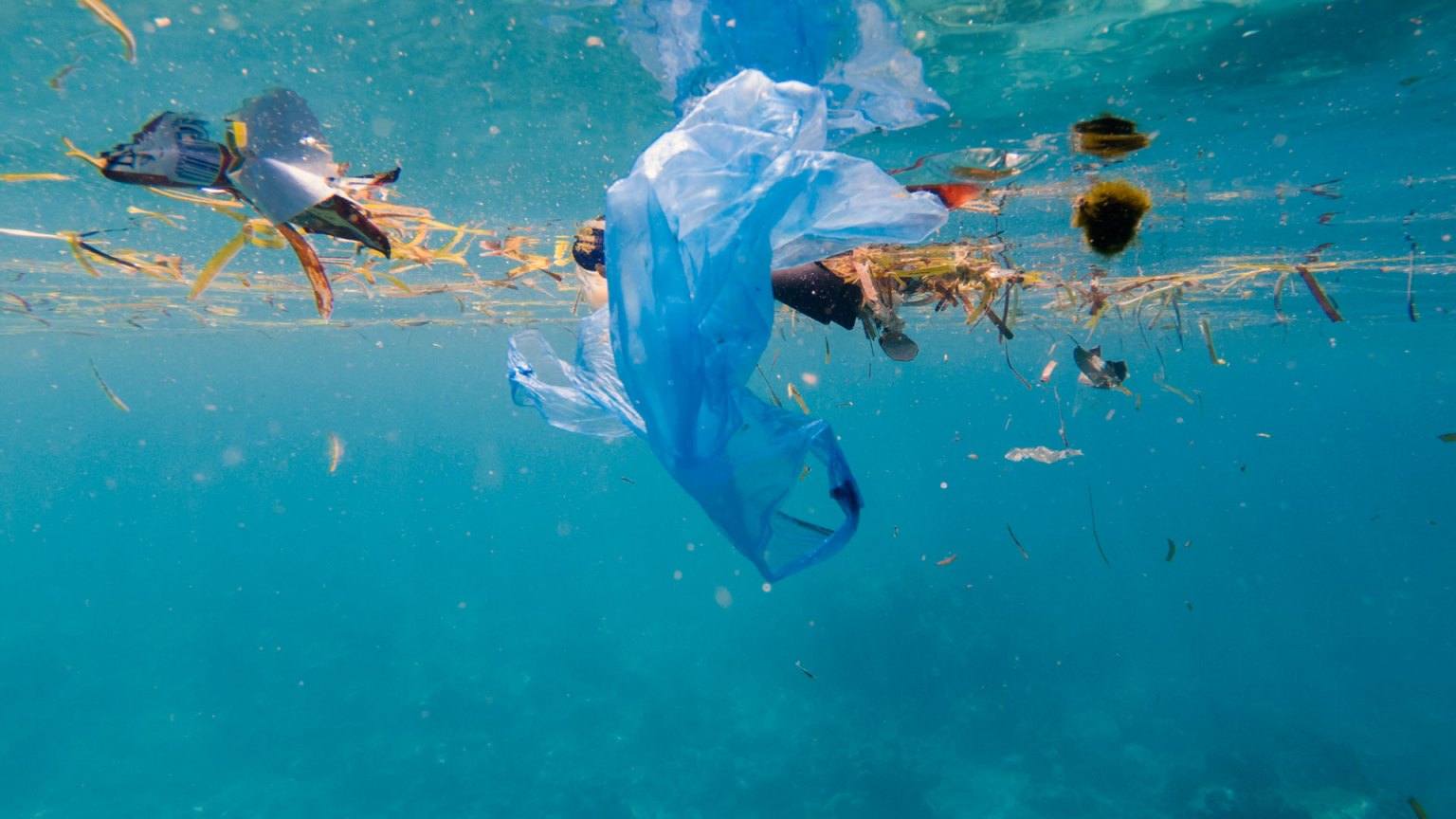La crise du COVID-19 a fait annuler la conférence des Nations Unies sur les Océans prévue à Lisbonne. En remplacement, les Nations Unies ont mis en place une conférence virtuelle: « Virtual Ocean dialogue ».
Des Présidents et Ministres d’Etat, plus de 50 représentants de gouvernements, plus de 50 session workshop, 630 000 visiteurs « virtuels », près de 1,5 M de vues sur instagram…Cette première édition a permis d’ouvrir largement le débat au plus grand nombre, de faire un état des lieux des projets en cours et d’appréhender le chemin qu’il reste à faire pour garantir des Océans en bonne santé. On se dit qu’avec autant de personnalités, de décideurs et d’influenceurs mondiaux, autant de consensus politique sur cette ambition de préserver nos Océans pour la santé de l’humanité, autant d’initiatives enthousiasmantes et pleines d’énergie pour l’environnement, autant de jeunes leaders passionnés et talentueux…on se dit que tout ira bien et que le monde pourra éviter une catastrophe écologique sur les Océans.

Étonnamment, en point final à la conférence, le public a voté en donnant confiance aux gouvernements dans leurs actions.
Hummm! C’est encourageant mais il reste tant à faire. La sortie de crise du Covid met plutôt un focus sur une relance économique à tout crins et pourrait laisser les Océans les parents pauvres de la mobilisation mondiale. Si un consensus mondial pour la protection des Océans se fait jour, les moyens financiers restent encore timides.
L’association « end of plastic waste » a réuni $1,5B là où il en faudra $20B pour traiter le problème du plastique. Seulement 2,5% des Océans sont en aires marines protégées, là où les scientifiques parlent d’un minimum de 30% à atteindre d’ici 2030.
Echos d’Oceans a pu suivre une dizaine de session.
La Finance
- L’argent public seul ne sera pas suffisant pour sauver les Océans. Des partenariats public/privé sont nécessaires. Pour motiver les investisseurs, que ce soit des institutionnels, des grands groupes, ou des mécènes, les projets sur les Océans élaborent de nouveaux modèles économiques. Par exemple, les AMP (« Marine Protected Areas ») peuvent devenir rentables avec une gestion avisée de leur richesse halieutique. La chaine de valeur des plastiques recyclés et bio-sourcés offrent des opportunités de marché en pleine croissance. Des start-up trouvent des financements chez des capitaux risqueurs pour développer leurs innovations. Au thème de la Finance, nous pourrions ajouter les balbutiements de la « blue carbon economy ». Le carbone bleu est celui qui est présent dans les végétaux sur les côtes, les mangroves par exemple ou les algues comme les kelp. Cultiver ou restaurer ces zones côtières peut permettre de gagner des « crédits » carbone.


La Science
- Nous manquons de données scientifiques unifiées. La crise du Covid montre à quel point la science est nécessaire pour aider les gouvernements à prendre des décisions, pour anticiper et planifier. Les données Océanographiques disponibles sont éparpillées et fragmentées, il n’existent pas de plateforme « opendata » où les laboratoires, les scientifiques pourraient partager leurs données de façon homogènes. Beaucoup reste à découvrir et à analyser: par exemple, seuls 6% des Océans sont cartographiés. Les Océans ont besoin de lois et de régulations internationales: la science doit y contribuer en alimentant les Etats en données fiables et précises.

La france a été sous-représentée dans ces panels, alors que c’est la deuxième nation mondiale en terme de ZEE maritime, juste derrière les USA. Pourtant, nous comptons tellement de grands scientifiques et de grands navigateurs. Cousteau est cité dans toutes les conférences mondiales. On ne peut que regretter que la France n’ait pas plus de leadership dans ce domaine de Protection des Océans au niveau mondial.
Nous gardons une note très positive de cette conférence grâce aux jeunes: ils ont montré des talents d’orateurs, une superbe liberté de parole, une mentalité positive et « think-out-of-the-box », et un bon sens et beaucoup de pragmatisme. Nous garderons l’image de la jeune CEO fondatrice de l’association SOA (Sustainable Ocean Alliance), Daniela Fernadez, qui est intégrée dans le groupe « Friends of Oceans »: groupe d’influenceurs comptant des personnalités éminentes telles que le prince Albert de Monaco, des premiers ministres ou des patrons de grands groupes internationaux.

Conclusion
A l’image du Davos économique, le Davos des Océans se cantonne aux échanges internationaux entre experts scientifiques, personnalités politiques ou patrons de sociétés. Cette conférence n’a pas encore la couverture médiatique dans les journaux télévisés et ne fait pas les grands titres. Malgré la prise en compte de sujets pragmatique comme l’économie, la finance, les emplois dans les discussions, on peut se poser la question de l’impact de cette conférence au sein des populations et de leur gouvernement: est-ce que les 3,5 milliards de personnes qui dépendent des Océans (pêche, alimentation, tourisme,…) ont conscience de leur fragilité ? Est-ce que les Etats vont s’unir pour cette cause mondiale et trouver un consensus pour lui donner de vrais moyens? par exemple en créant un Fond Monétaire pour les Océans ?




Comments are closed